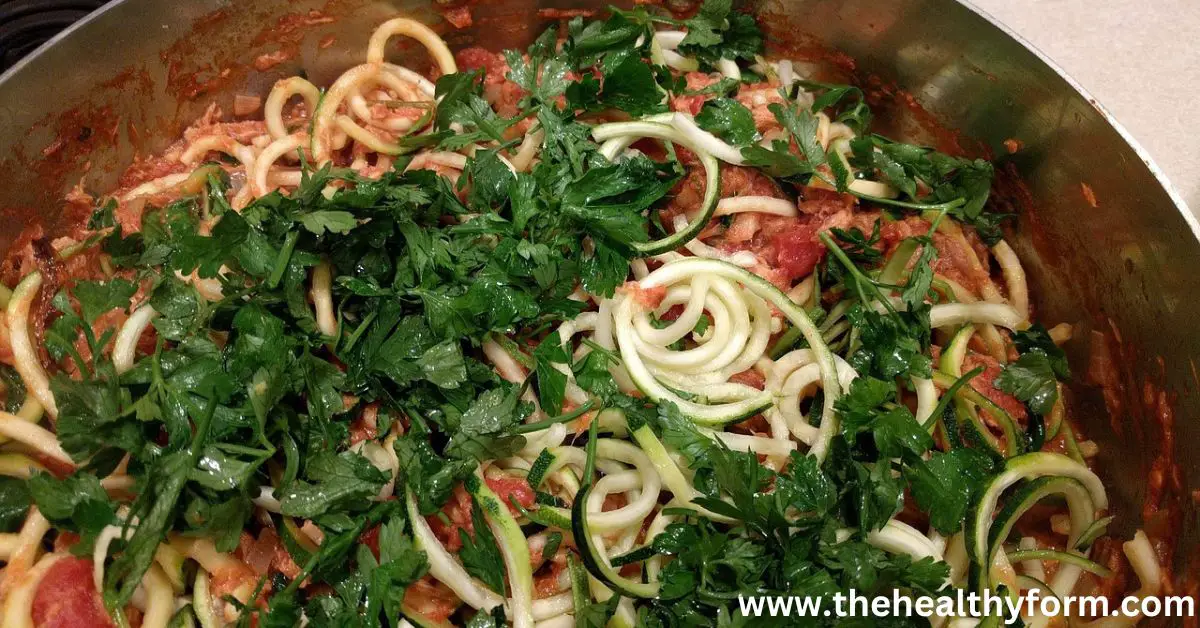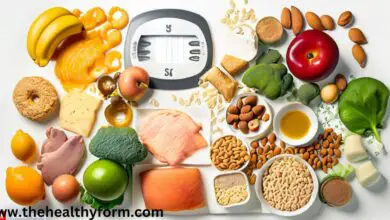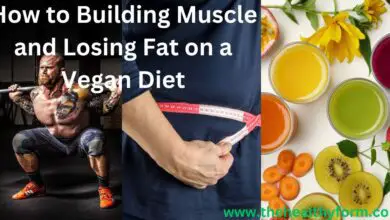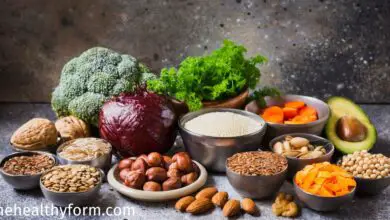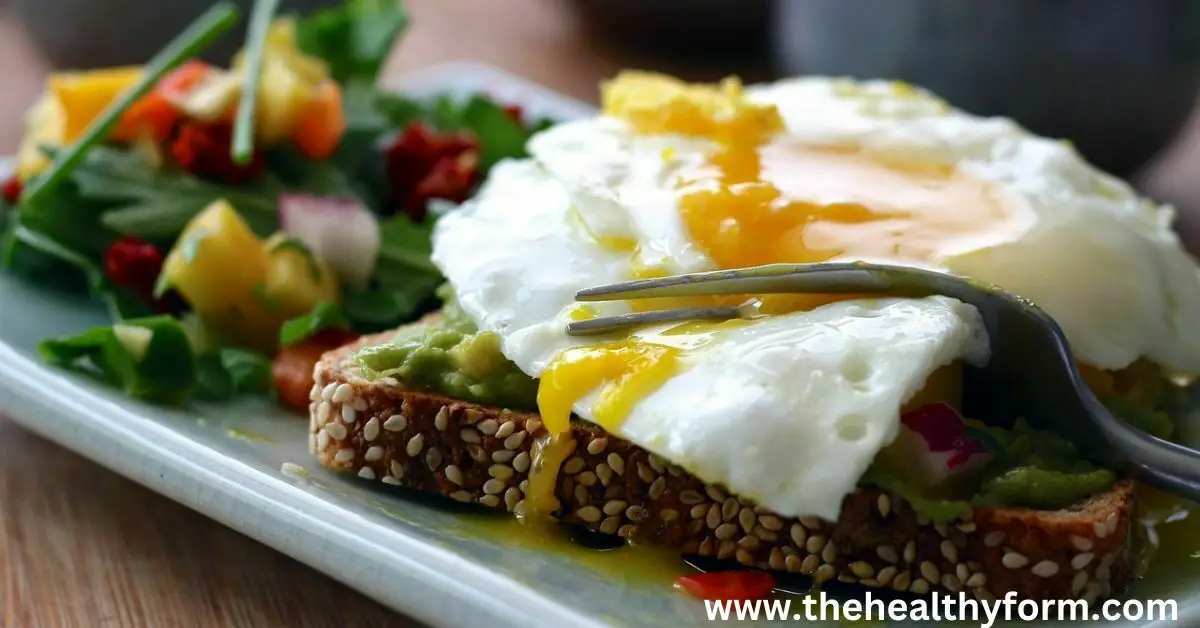Sports and Nutrition: The Winning Combination for Athletes
Discover the benefits of sports and nutrition with our expert tips and advice. Our comprehensive guide covers everything from meal planning to supplements, helping you achieve your fitness goals and boost your athletic performance. Start your journey towards a healthier, fitter you today! You don’t have to be an athlete to benefit from understanding sports nutrition principles. Whether you’re looking to make the most of your workouts, boost your energy levels, or make healthier eating choices, understanding how your food affects your physical performance—and vice versa—can help you reach your goals faster.
The good news is that sports nutrition is easier to understand than you might think. We’re here to explore the fundamentals so you can make informed decisions about fueling and nourishing your body for peak performance.
This article will cover topics from essential macro and micronutrients for athletes and active individuals to calories and the best times for snacking and meals. Get ready for some knowledge bombs so you can take your physique and well-being to a whole new level!

Achievements in Sports and Nutrition
Sports and nutrition go hand in hand. Eating the right foods and getting the right amounts of nutrients can help you achieve your goals in sports, whether you’re a professional athlete or a hobbyist trying to stay in shape. You can improve your performance, build muscle and strength, and reach peak physical fitness with proper nutrition.
Eating healthy is key to ensuring your body has enough energy to keep up with rigorous activity. For example, carbohydrates provide energy during high-intensity workouts, while protein helps repair muscle tissue after exercise. Eating a balanced diet consisting of all the macronutrients—carbs, proteins, fats— and micronutrients—vitamins and minerals—will help you perform better and reach your goals quickly.
Additionally, hydration is an important part of any sports nutrition regimen. Ensure you drink enough water before, during, and after exercise to keep your body running optimally. Sports drinks can also be beneficial if you’re doing high-intensity training sessions or engaging in endurance activities lasting longer than an hour.
Sports Nutrition
If you’re an active athlete and want to achieve your goals, good nutrition isn’t something you should take lightly. Everyone knows that eating junk food won’t lead to success in sports. That’s why you must focus on sports nutrition—a diet designed to help you perform better and recover faster.
Sports nutrition is all about having a balanced meal plan that fulfills all your nutrient needs. Protein is especially important for athletes because it helps repair and build muscle. Carbohydrates are important for giving you energy before and during physical activity, while fats help create important hormones for many body functions.
It’s also important to remember to stay hydrated by drinking plenty of water or electrolyte drinks with sodium and potassium before, during, and after workouts or competitions. Eating healthy snacks containing carbs will also give your body energy between meals.
Eating the proper foods and staying hydrated is key in sports nutrition, so pay attention!
Pre-Workout Nutrition for Athletes
Getting the right nutrition before your workout is essential. Professional athletes know this, but you should also remember it to maximize your performance and recovery.
Carbohydrates
Sports nutritionists recommend that athletes consume carbohydrates before they exercise. This helps to provide energy and optimal muscle glucose levels, both of which are necessary for peak performance. The right pre-workout snack will provide carbohydrates to fuel your body, as well as other essential nutrients like protein and vitamins.
Protein
Protein may not be the most important nutrient for an athlete’s pre-workout meal, but it shouldn’t be overlooked. Athletes need to get enough carbohydrates, but protein can also help increase muscle power and strength and enhance recovery after intense physical activity.
The best pre-workout nutrition for athletes includes:
- Complex carbohydrates: These provide a steady source of energy throughout a workout session
- Protein: helps with building muscle and recovering quickly after workouts
- Vitamins: provide essential nutrients for improved performance and endurance
- Water hydrates the body to prevent fatigue during a workout session.
These elements can help athletes make smart choices when choosing pre-workout snacks and meals. Eating the right combinations of macronutrients will ensure you have the energy needed to perform at your best during any exercise session.
Nutrients for Post-Workout Recovery
When putting in the hard yards at the gym, you must ensure your diet is optimized for post-workout recovery. So, what should you be looking out for?
First of all, carbohydrate-rich foods are essential for restoring energy levels and quickly replenishing muscle and liver glycogen stores — this helps with recovery so that you can get back to training the next day or whenever your next session is scheduled.
Second, proteins like milk, eggs, meat, or fish will help rebuild muscle fibers damaged during exercise. At the same time, healthy fats such as nuts, seeds, and avocados can provide a slow-release energy source — this is especially beneficial when engaging in endurance activities since carbs won’t be enough to keep you going.
Finally, vitamins and minerals like calcium, iron, and sodium also play a key role in keeping your body functioning optimally. So, ensuring your diet includes a range of fruits and vegetables should help ensure you have all the macro- and micronutrients needed for an effective post-workout recovery.
Eating for Energy and Endurance
Whether a casual jogging enthusiast or a serious athlete, you must ensure you eat the right foods for your body’s nutritional demands. Eating for energy and endurance is understanding how your body responds to different fuel types.
Carbohydrates
Carbohydrates give your body the energy it needs to function properly, and they should make up the majority of your caloric intake. Aim for complex carbohydrates like whole grains, fruits, and vegetables, as they contain vitamins, minerals, and essential nutrients. Eating complex carbs will help with energy levels while exercising and fuel your body to stay at peak performance.
Protein
Protein is also essential for muscle building and repair. It can be difficult to recover from long workouts or strenuous activities without adequate protein in your diet. Eating lean meats like chicken or fish are great sources of protein. Still, if you’re vegan or vegetarian, plenty of plant-based proteins such as beans, legumes, nuts, and tofu can provide your body with the protein needed to rebuild muscle tissue after exercise sessions.
Healthy Fats
Healthy fats are also important for getting the most out of physical activity. They provide essential fatty acids for proper brain function and hormone production, which can be depleted after intense workouts. Look for sources like extra virgin olive oil and avocado, as these contain healthy fats that will help keep your energy levels high during training sessions.
Sports Supplementation and Hydration Strategies
You already know that hydration and nutrition are key elements of sports performance, but do you know how to ensure you get the most out of your supplementation and hydration strategies?
Hydration Strategies
First, drinking fluids is essential for good performance on the field or court. The amount you need to drink depends on your activity level, so tailoring your hydration strategy is important. You should aim to drink between 2-3 liters of water daily, and if exercising for more than an hour, consider an electrolyte replacement or sports drink. This will help replenish lost electrolytes, prevent dehydration, and help you perform at optimal levels.
Supplementation Strategies
Sports supplements can help enhance your energy levels and performance during exercise, but only if used wisely. To get the most from your supplementation strategies:
- Choose products with proven results (avoid excessive amounts of unproven ingredients).
- Remember that supplements are not magic pills – they complement a healthy diet and must be taken as part of a balanced training program.
- Talk to a doctor before considering any high-dosage supplements
By taking advantage of the right hydration and supplementation strategies, you can ensure maximum energy levels when it counts.
Optimizing Performance With Nutrition Plans
When optimizing sports performance, nutrition is just as important —if not more so—than training. After all, your body needs fuel to perform at its best.
What gym-goers and athletes need is a nutrition plan that’s tailored to their individual needs. But this isn’t something you can do alone. It must be done in close collaboration with a qualified nutrition professional who understands the demands of sports and exercise on the body.
A good nutritionist will guide you towards finding the right balance of what works for your body, helping you improve everything from energy levels to immunity, recovery speed, and performance endurance. This could include:
- Tracking metrics like blood pressure, heart rate, and weight
- Eating a diet plan that meets your goals
- Supplementing with vitamins, minerals, and other relevant substances
- Adhering to hydration guidelines
- Maintaining proper proportions of macronutrients
- Experimenting with pre- and post-workout snacks
- Incorporating rest days into your schedule to promote recovery
- Modifying your program as necessary when goals change or as your body adapts accordingly
With a proper nutrition plan, sports enthusiasts can improve their chosen activities while enhancing overall wellness — so what are you waiting for? Consult a qualified nutritionist today!
FAQs
You may have some questions about sports and nutrition, and we want to ensure you have all the facts. Here are some of the most frequently asked questions about sports and nutrition.
What nutrients are essential for athletes?
Athletes need a balanced diet with carbohydrates, proteins, fats, vitamins, minerals, and water. Carbohydrates provide the energy that fuels performance during exercise. Proteins help build muscles and repair tissue. Fats provide energy for long-term endurance sports. Vitamins help keep the immune system strong. And minerals are important for proper growth and development.
What is the best way to stay hydrated during exercise?
Drinking fluids is essential for exercise performance, as dehydration can lead to fatigue, muscle damage, and poor performance. During exercise, it is best to drink small amounts of fluid frequently (e.g., 15–20 minutes) rather than large amounts infrequently. Water is usually the best choice during moderate to low-intensity exercise lasting less than an hour. Still, suppose you’re exercising at a higher intensity or for longer periods. In that case, using a sports drink or other electrolyte-containing beverages to replace lost electrolytes (e.g., sodium) is best.
How much protein do athletes need?
Protein needs vary from person to person depending on activity level, age, body weight, and type of sport they participate in. Generally speaking, adult athletes should aim for 1-1.6g/kg/day of protein depending on their goals and activity levels – approximately 0.4-0.75g/lb/day or 10-20% of total caloric intake per day.
What should athletes eat before a game or workout?
Athletes should eat a meal with carbohydrates and moderate protein before a game or workout. Carbohydrates provide the body with the energy it needs to perform, while protein helps to repair and rebuild muscle tissue.
Do athletes need to take supplements?
Athletes can meet their nutritional needs through a well-balanced diet, but supplements can sometimes be useful. For example, athletes who cannot consume enough calories or nutrients through food alone may benefit from a protein or energy supplement.
Conclusion
You can take it from us: proper nutrition is essential for achieving peak performance in any sport. From carbs for energy to proteins for muscle growth and repair, to keep hydrated, ensure you’re giving your body the fuel it needs to perform. It doesn’t have to be complicated or expensive, either – a few simple changes can make all the difference in your training and performance.
There’s no universal “perfect diet” for sports, as everyone is different and needs different things. With that said, keeping a balanced diet, eating plenty of protein and carbs for fuel, and drinking plenty of water are all important for athletes. The most important thing is to listen to your body, pay attention to your feelings, and ensure you’re getting the right nutrients to keep fit and healthy.

